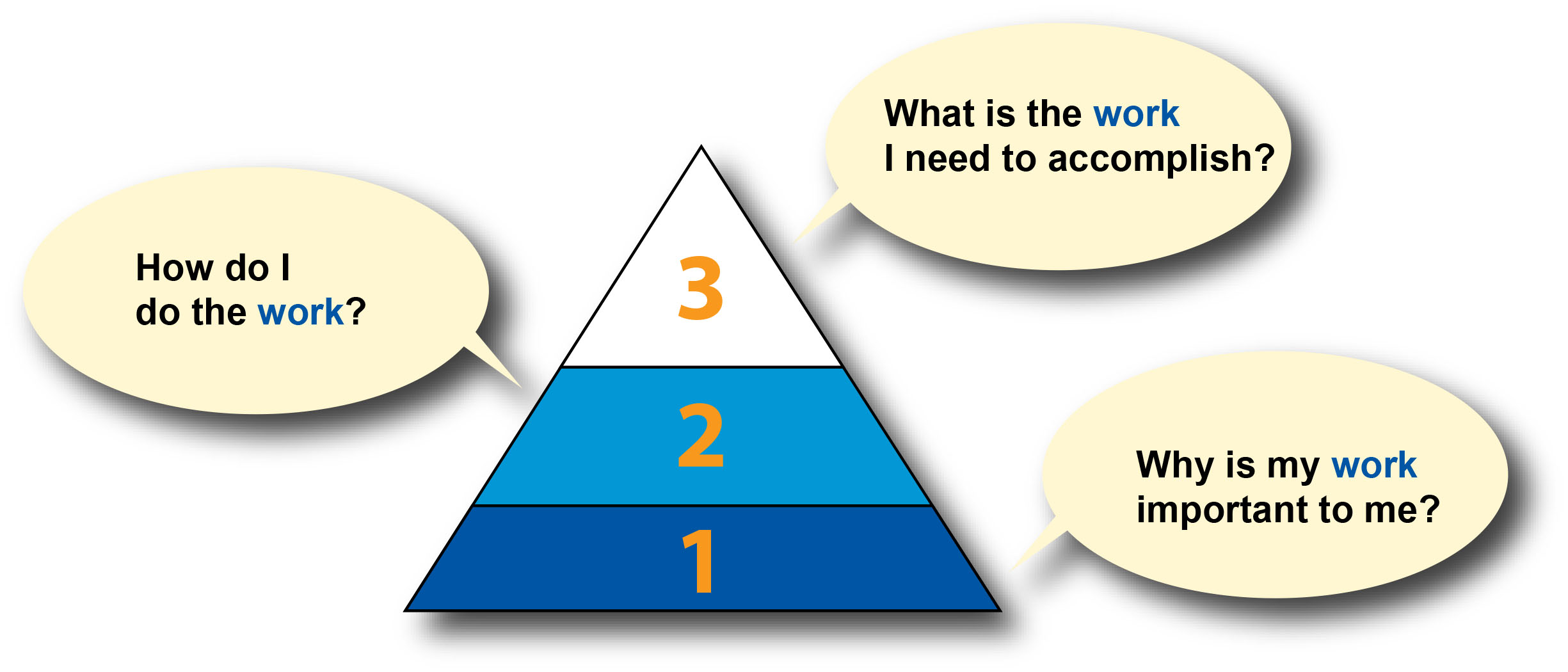Have you ever issued what you thought was an inspiring challenge for your team, only to discover they were underwhelmed and far from motivated? Many organizations that have mission statements displayed in their lobby, company values laminated on the back of employee badges, and team banners hung from rafters proclaiming lofty goals – but it may not be surprising that when their people are asked, “What do you do here and why is your work important to you?” most look puzzled and perplexed as they attempt to articulate an answer. This response is global: from the U.S. to Europe to Asia to South America – over 75 percent of people I speak with seem to lack a meaningful challenge which serves as a source of motivation, caring and commitment.
In Lead with Respect, one of the core practices is to create a meaningful challenge. How does creating a meaningful challenge demonstrate respect for people? Why is it so important that the people on your team perceive the challenge as meaningful on an individual and personal level? When people understand goals and objectives, acknowledge them as having relevance, and feel they can trust co-workers and leaders, profound levels of engagement and self-initiated involvement emerge.
The challenge must be clear
Often challenges are vague aspirations which mean different things to different people. For example, “To delight our customers by delivering outstanding value” may sound like a worthy goal, but most people find it difficult to translate into specific behaviors which can be modeled, coached and measured. People need to understand the why of their work and identify with its importance in order to deeply care about outcomes. In other words, people need to clearly understand the why before they will genuinely care about the how and the what! (See Simon Sinek’s TED talk classic Start with Why)
When the reasons why are distorted, vague or left undefined, there is little personal commitment to performance and even less motivation for improvement.

Clarity is not enough
Clarifying the reason why the work is important is a good start but it may still lack the motivational power to engage people at a visceral, deep-seated level. How do you know if your people understand the challenge and find it meaningful enough to be inspired to take action?
One approach is to simply ask them, “Do you feel our team has a meaningful challenge?” They will most likely say, “Yes.” Be sure to follow it up by asking, “Why?” and “Can you give me a specific example of how our challenge was meaningful and motivated you?” These conversations show respect for people through honest dialogue. Focus more on listening than on speaking during these encounters. Look for examples of behavior (physical acts) that are tied to the challenge. If the challenge truly is meaningful and clearly understood, people have no difficulty describing it and drawing a recent example of how they were guided to take action because of it.
How does this fit in with go & see?
The next time you are at the gemba, watch and listen for evidence that a meaningful challenge is part of the discussion. Is the challenge understood and shared? How frequently does it come up in conversation and how is it used? Are people inspired by the challenge or discouraged, intimidated, or detached as a result of it? Can you connect people’s actions back to the challenge? How does the team know they are winning or losing (reaching their goals)? Do they care and if so, why do they care?
Take a look, reflect, and experiment
Leading with Respect is all about engaging hearts and minds and moving beyond people simply giving the minimum effort, going through the motions, or only doing what they are told to. When a meaningful challenge is present, people care at a personal level and join together as a team to find the energy, creativity and commitment needed to meet the challenge. It’s a beautiful thing to see! Take an honest assessment of your challenge and its effectiveness at creating motivational impact on behavior. Ask these questions to yourself and to your team and reflect on your current condition. If your need to improve the effectiveness of your challenge, develop a countermeasure and run an experiment to learn more deeply about the impact of a meaningful challenge on your team’s level of engagement, commitment and self-assumed accountability.
Mike Orzen will go deeper into creating meaningful challenges and other aspects of Leading with Respect at the 2017 Lean Transformation Summit, March 7-8 in Carlsbad, Cali. Learn more at the summit webpage.






